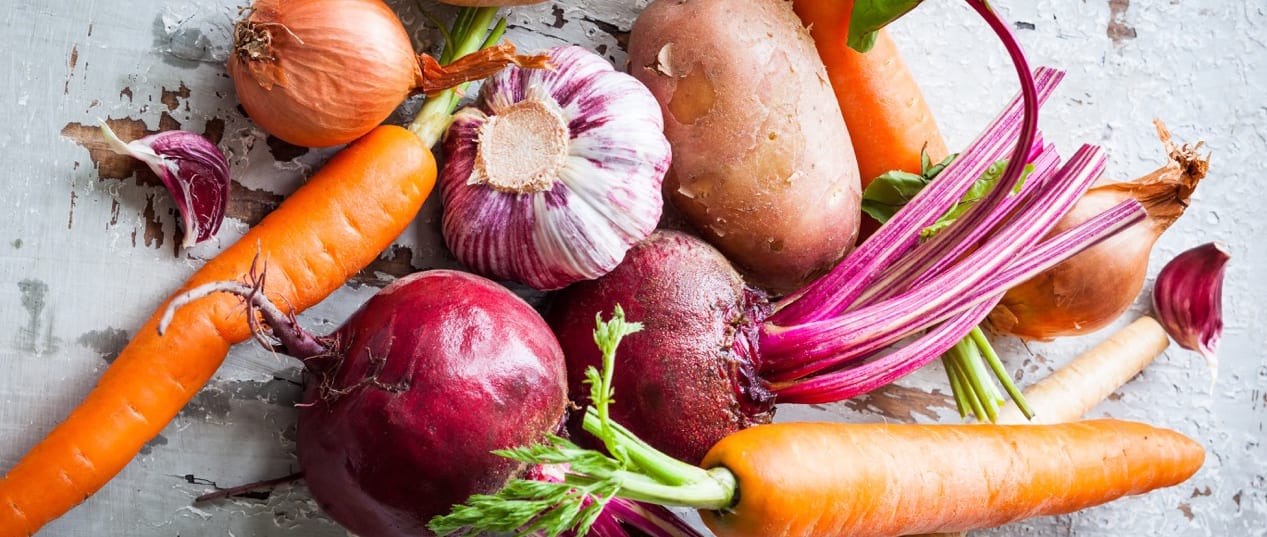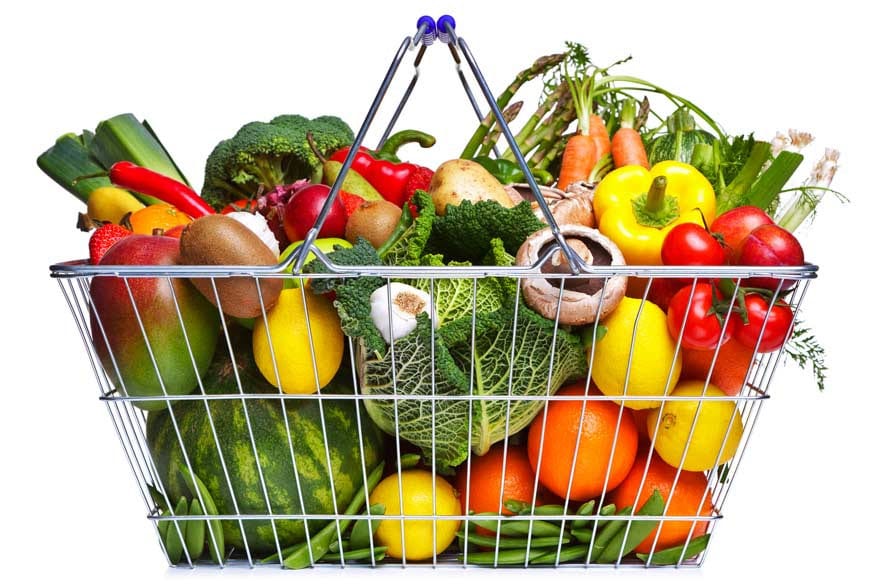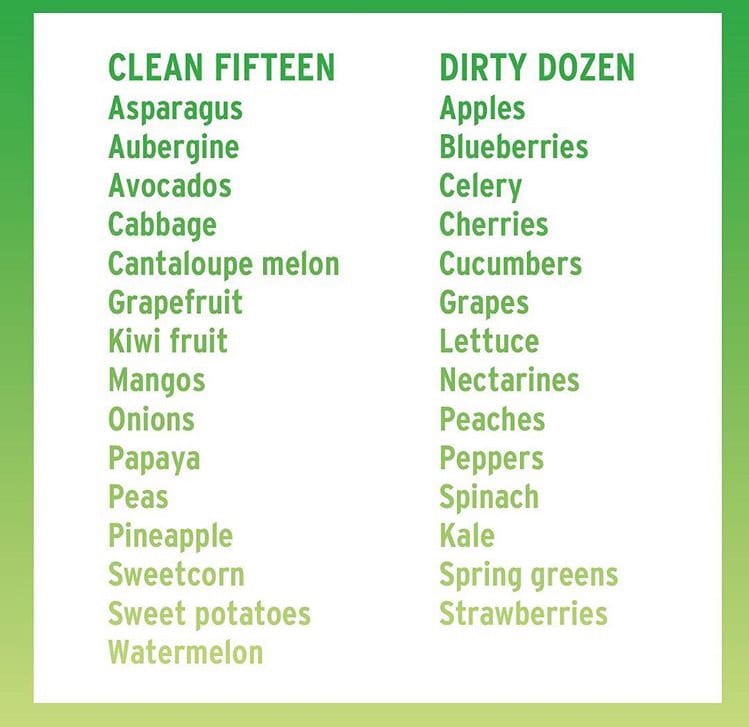The Route du Gout, the first “Organic Festival” created by the Michelin-star chef Paolo Sari, is in full flow this week within the Principally of Monaco and has inspired this post on eating organic – not just for a week but for life.
A completely organic diet may not be achievable for everyone, so I am sharing some of my tips that have helped me balance healthy habits with a realistic lifestyle.
Firstly, organic means a food that has not been treated with pesticides or had any interference with growth or development. It is simply food grown through its natural process, and this includes fresh fruits and vegetables grown on soil without any pesticides, cows that have lived in a field grazing on grass, or chickens roaming freely.
Organic is eating as mother-nature intended but, sadly, these days there are many foods that have had the help of chemicals to get them to the supermarkets before they are ripe. Also, organic food is more of a luxury due to the higher costs, which can be double or triple that of non-organic produce.
Bring more organic into your life
You may be restricted by budget, easily available produce, choice or quality. If you are facing any of these challenges, notice where you are, what is holding you back and gently start to work in some healthier changes in accordance to what is realistic for you and your lifestyle.
Start by setting your budget and looking at what is readily available to you. Then you can use these guidelines to help you go forward.
Begin at the farmers’ market
I love the farmers’ market as my first point of call when it comes to planning my weekly meals. I base the foundations of the meal around what I can source both locally and organically. This also helps you to eat in tune with the seasons, which follows the natural cycle of life. For thousands of years, this is how our ancestors ate; they consumed what nature provided, when it provided it (they didn’t pop into the local Casino for a bunch of bananas). Due to convenience and fast food we have not only lost that connection to nature but broken this important cycle.
It’s worth bearing in mind that the farmers’ markets may not be advertising that their produce is bio as the cost of the certification is expensive, and usually a barrier that prevents some smaller family businesses being able to fully advertise their farming methods.
Get to know your farmer and ask questions. A few visible tips can help you, too. Look at the produce, for example. If you are living in Europe and your farmer is selling coconuts, you can bet they aren’t local. Check for dirt! If the produce is dirty, it is more than likely to have been taken straight from the farm to the stall. Talking of dirt, you might even notice that the farmer has dirty hands, another sign they are farming their produce locally and getting their hands dirty rather than importing.
We are lucky in Monaco to have a wonderful daily market in the Condamine, which has local farmers with organic produce. They are really friendly, too, and if you stop by on a Monday, Wednesday or Friday, visit Domenico and you can also meet Jorien, who speaks English. They also offer free delivery, you can either call them to place an order or stop by and choose the produce yourself. Either way, they’re always happy to help. Due to my poor French I don’t know the other farmers as well, however, I know they are equally as lovely if you are able to keep up with the French conversation.
Farmers Market vs Organic Supermarket
I am often asked about organic supermarket produce and while I do pick up the odd bits, it’s not my first point of call, as mentioned above. If it’s easier or more accessible to you then that’s fine, however my biggest tip here is to check the origin of the produce and try to keep as close to home as possible. Produce that has been shipped hundreds of miles may have been picked before it is ready and has undergone quite a journey before making it onto your plate. I know that I’m usually a little depleted when I travel and the same goes for food, it affects its energy. And that is exactly what food is, energy, and so eating closer to home helps to preserve this important element.
If you are buying your produce in the supermarket, pay attention as to where it’s coming from and see if you can make small steps to eat regionally. There’ll always be products that don’t meet the criteria and that’s okay, too, just do the best you can and make changes where possible. I can’t live without avocados in my life and it’s often a sacrifice that I consciously make as the majority of my shopping ticks most of the boxes mentioned above.
Organic vs Non organic
Sometimes organic food is not available, too expensive or poor quality. So what then?
Use the Dirty Dozen and Clean 15 table above to help guide you through choosing non-organic food that has not been contaminated by pesticides.
Generally when you are shopping for fresh produce, those with a thick skin are usually less affected – melon, bananas and avocados, for example, have more protection from pesticides. Whereas leafy greens, berries and apples have a thinner skin that you eat so these should be organic where possible.
Again, if you are struggling to source the Dirty Dozen in organic form then consider looking in the freezer section of your supermarket. I find frozen berries, spinach and peas in the bio store in the Condamine and even the larger supermarkets, such as Carrefour and Marché U, are well stocked to offer organic produce.
What about Meat, Fish, Cheese and Eggs?
I don’t eat huge amounts of meat or cheese but when I do always opt for good quality and organic. Go for quality over quantity here; we only need a palm size serving of protein although super-sizing standards see us eating bigger and bigger to follow trend. In my opinion this is not a healthy habit and leads to obesity and disease.
Choose line-caught fish and eggs should be free range. Be picky about your protein and add in some plant protein sources as well. If you are eating a lot of meat then how about skipping it one day a week – try Meetfree Monday.
Have something to share? Spread the community love and get in touch with us via our instagram monacolife_
For delicious inspiration on how to use your organic produce head to Naomi’s Kitchen where you will find lots of delicious and healthy recipes.
READ ALSO: Health SOS: The art of wellbeing on the go
READ ALSO: School Snack Attack
Article first published October 13, 2016.


